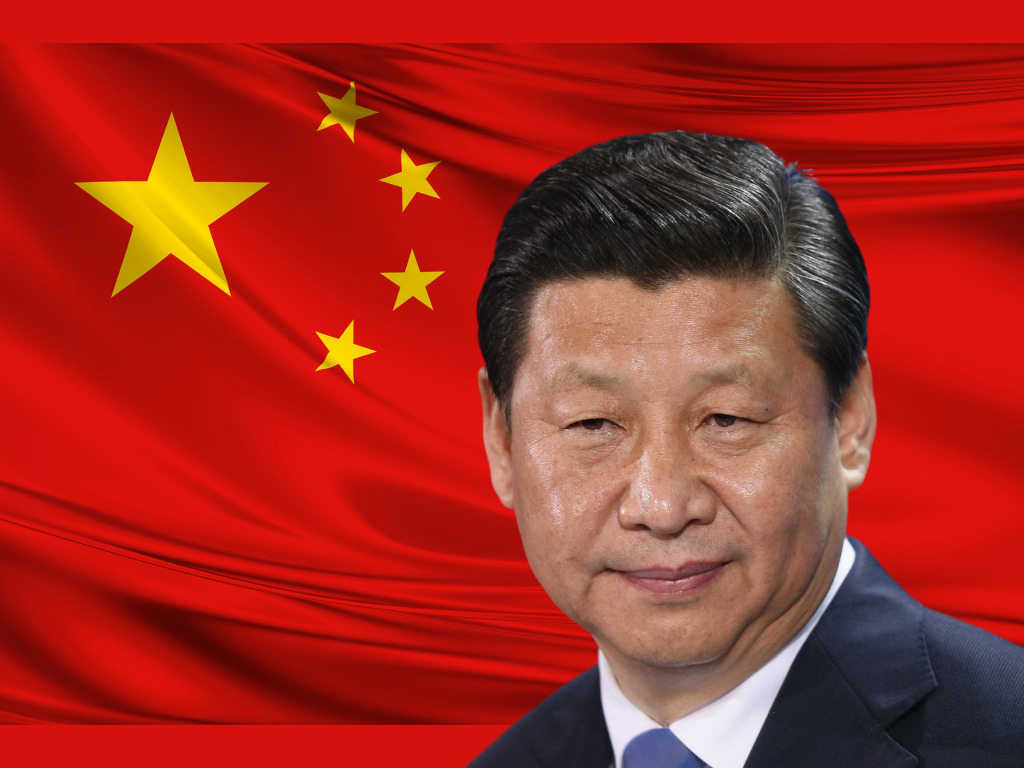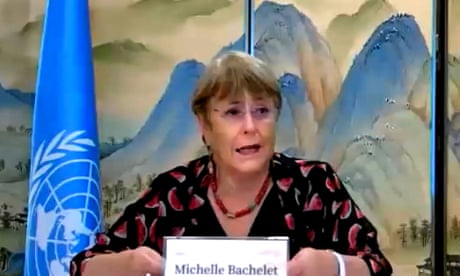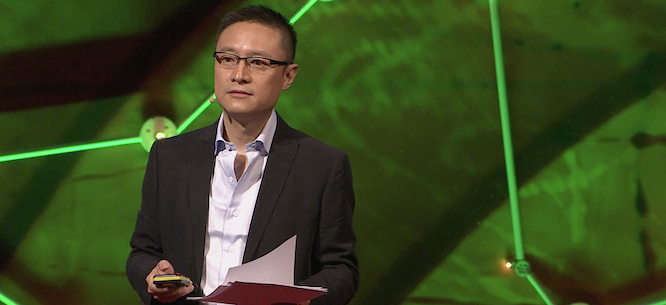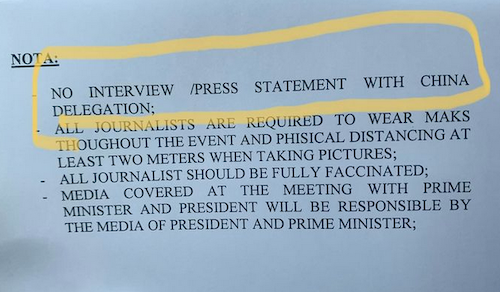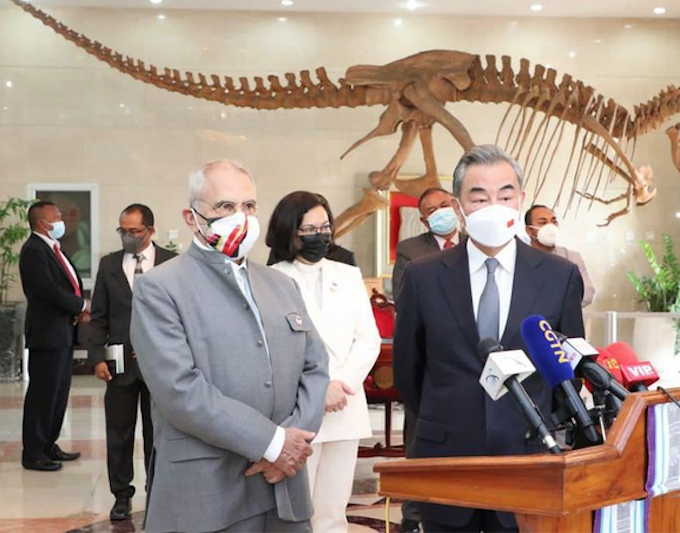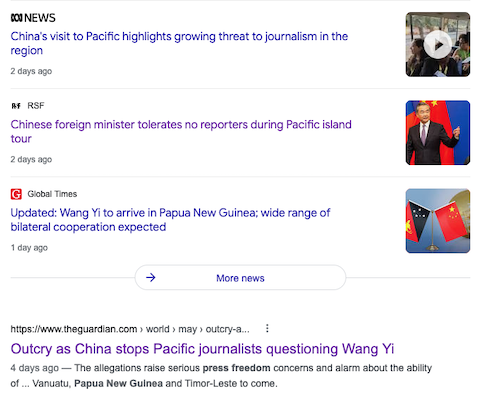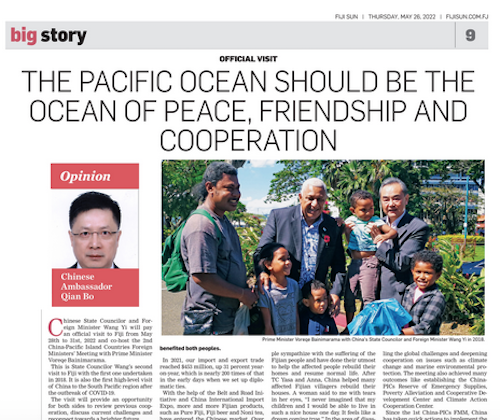“I’m absolutely convinced we will get a low-carbon, no-carbon economy at some point in time. The challenge is will we get there in time to heed the warnings of the scientists and avoid the worst consequences of the crisis?”
In a soft pitch interview by Andy Serwer of Yahoo Finance on Saturday, May 28th at Davos World Economic Forum the Climate Czar expressed optimism about handling the climate change crisis, in part, based upon the fact that several of the world’s leading corporations are dead set on stopping the multitude of dangers associated with an out of whack climate system. They understand the risks.
According to Kerry, climate change is not complicated. It is basic physics: “There isn’t anybody I know today who doesn’t admit that the planet is warming and that life has changed as a result of this… this trend is pretty obvious… the climate crisis is getting worse, not better, and we have to more rapidly reduce emissions and take the necessary steps, not what politicians are saying we should do, but scientists whose lives are dedicated to determining the mathematics and the physics of this particular challenge.”
The Climate Czar presented an interesting viewpoint of how corporate CEOs are now coming together to take on the challenge. As explained by Mr. Kerry, there’s lots of money to be made, which, of course, is good enough to get the corporate juices flowing.
If Mr. Kerry’s message and climate plan is realistically on target, which is more inclusive than just CEOs and venture capitalists foaming dollar bills at the mouth, then the world may have a shot at containing the biggest threat of all time. But, there are plenty of ifs.
Kerry was quick to caution: “Assuming it can happen fast enough.” That is a key watchword for serious students of climate change/global warming.
There are serious-minded scientists who believe it’s already too late, and there are others who nod their heads in full agreement with the Doomsday Clock’s most recent reading at only 100 seconds to midnight. It is the closest to midnight of all time. Midnight represents a catastrophe. One of the principal factors taken into consideration for setting at 100 seconds to midnight was a warning by the IPCC: “This report is a dire warning about the consequences of inaction,” according to Hoesung Lee, Chair of the IPCC. “It shows that climate change is a grave and mounting threat to our wellbeing and a healthy planet.”
“Is there enough time” is a common theme amongst knowledgeable people. People whom have deep-dived the subject see serious threats. Major ecosystems, all of them, are rapidly approaching, in some cases exceeding, dangerous stages or tipping points: the Arctic, Antarctica, Greenland, Siberian permafrost, the Great Barrier Reef, the Amazon rainforest, mountain glaciers: the Himalayas, the Caucasus, the Alps, the Rocky Mtn, the Andes, ocean acidification, marine heat waves, Patagonia, the Atlantic Gulf Stream… as examples.
Here’s a more specific example: During the 1990s, Greenland and Antarctica combined lost 81 billion tons of ice mass per year on average during that decade. Moving ahead to the decade of the 2010s, the ice mass loss was 475 billion tons per year on average throughout the decade. That’s flat-out breathtaking, almost exponential at face value.
It’s an understatement to say a six-fold increase of ice mass loss within only one decade is especially troubling and nearly impossible to comprehend. After all, it’s not within centuries, which wouldn’t be quite so alarming; it’s within only one decade. Whew! So then, what’s in store for the 2020s, or how about the upcoming knotty 2030s?
81 billion tons versus 475 billion tons can only mean one thing: The impact of global warming is a helluva lot worse than what’s expected at only 1.2°C above baseline or could it be that 1.2°C is not really accurate?
Beware: “The greatest shortcoming of the human race is our inability to understand the exponential function.”
As it goes, Mr. Kerry not only has the mannerisms and cadence and stature and personal background to get the job done, he has depth of knowledge about the danger of advanced climate change/global warming that’s revealed within his choice of words and emphasis without openly proclaiming the horrific truth that “we’re screwed unless we act quickly,” but his message is just that.
The following synopsis of his interview is provided for readers to decide for themselves the likelihood of his success, or not:
As explained by Kerry, some months ago he started a movement called First Mover Coalition inclusive of thirty-five (35) major corporations that have volunteered leadership roles to create “demand for change,” e.g., Maersk Shipping, the largest container shipper in the world has agreed that the next 8 ships they build will be carbon free. Volvo promised that 10% of the steel they buy to be “green steel.” United Airlines, Delta, and Boeing and Apple agreed to buy 5% sustainable aviation fuel and eventually go to 85% reduction in emissions.
The First Mover Coalition is working in cooperation with the World Economic Forum. Kerry claims the CEOs are stepping right up to the plate and swinging away: “They understand the urgency.” They want to lead by example with “demand signals” to change behavior of industry throughout the world. Plus, a big plus, they are working on the “hard-to-do things,” like aluminum, steel, and concrete manufacturers.
When asked about the Russian Ukrainian invasion, Kerry said it has taught Europeans a lesson to be independent, and that is a motivating factor to spur ahead with renewable infrastructure development. Thus, Russia is working against its own self-interest and turning away future fossil fuel sales at a rapid clip via invading Ukraine.
According to the Climate Czar, President Biden sees a significant part of the solution of climate change to be nuclear power. He’s kept nuclear on the table. New designs for nuclear plants are being researched and worked on. France, for example, is doubling down on nuclear. According to Kerry, “we cannot get to net zero by 2050 without nuclear.” Really? Honestly?
Headline News: “Electricite de France SA’s nuclear failures are sending ripples through European energy markets, threatening to undermine the continent’s plan to turn its back on Russian gas.”
“About half of EDF’s 56 reactors are currently halted, and EDF has estimated that output this year will be the lowest in more than 30 years. While many plants are offline for regular maintenance or refueling, a dozen are idled for checks and repairs following the discovery of stress-corrosion issues at units in late 2021.”
Nuclear power plants put more stress per square inch on foundational structure than any other form of energy production. It’s inherently dangerous! One small crack can make all of the difference between meltdown and no meltdown. That’s how risky it is to use nuclear to boil water. For example, the following Scientific American article discusses a real event descriptive of the inherent dangers of nuclear power plant structural pressure points:
“On Feb. 16, 2002, the nuclear power plant called Davis–Besse on the shores of Lake Erie near Toledo, Ohio, shut down. On inspection, a pineapple-size section on the 6.63-inch- (16.84-centimeter-) thick carbon steel lid that holds in the pressurized, fission-heated water in the site’s sole reactor had been entirely eaten away by boric acid formed from a leak. The only thing standing between the escape of nuclear steam and a possible chain of events leading to a meltdown was an internal liner of stainless steel just three sixteenths of an inch (0.48 centimeter) thick that had slowly bent out about an eighth of an inch (0.32 centimeter) into the cavity due to the constant 2,200 pound-per–square-inch (155-kilogram-per-square-centimeter) pressure.”
According to Kerry, the private sector is really moving. “There’s a gigantic shift with the private sector taking the lead in many places, and it involves all kinds of private sector institutions… some fossil fuel companies are now working to become energy companies and transition to producing electricity and doing it in a clean way either through hydrogen or nuclear or in other ways.”
As explained by Kerry: “This is one of the greatest economic opportunities that we’ve ever faced, potentially much larger than the industrial revolution” by building out new energy grids and new electric vehicles. By 2035, Ford and GM will only have electric vehicles. Everything has to be part of the solution, agriculture, shipping, buildings, transportation, and manufacturing.
Kerry is meeting with his Chinese counterpart to work together to see how best to achieve the promises made in Glasgow where the US and China agreed to reduce methane (CH4) and to meet about transitioning off coal, to perhaps gas or nuclear.
Headline News: ((“China is Building More Than Half of the World’s New Coal Power Plants”, NewScientist, April 26, 2022.)) “Some 176 gigawatts of coal capacity was under construction in 2021, and more than half of that was being built in China.” Note: 176 gigawatts equal enough power for one hundred twenty-three million (123,000,000) homes.
It looks like the Climate Czar is gonna have his hands full.
Still, according to Kerry: China has already committed to submit an ambitious national action plan on methane to the Conference of the Parties in Sharm El-Sheikh this coming November for COP 27, UNFCCC.
He says the world has now joined the methane battle, which is front and center in discussions. Kerry says it’s where “we can achieve some of the fastest reductions in greenhouse gases… 116 nations have now signed up to achieve a 30% reduction of CH4 by 2030. It is the equivalent of every car in the world, every truck in the world, every ship in the world, every airplane in the world going to zero emissions by 2030.” (hmm, really?)
Furthermore, Kerry claims the transition needs to happen all over the world. And, they’ll be working on deforestation, which he sees as a huge challenge. Illegal deforestation is the biggest threat to rainforests.
Still, the pre-eminent question is whether John Kerry and the CEOs carry enough cache around the world to achieve what decades of broken promises have failed to do? Not only that, but is it really enough? And, is the approach correct? Switching coal to gas or nuclear?
Frankly, aside from Kerry’s hopeful climate plans, what’s really desperately needed is something more, much more all-inclusive like a Climate Marshall Plan throughout the entire planet with a goal of zero fossil fuels by 2030. This is achievable if every major nation/state fully commits the funds and resources, similar to the rebuild of Europe post WWII. But sadly, that is only a dream, especially in light of the history of broken promises, one after another.
During the most recent IPCC meetings, U.N. Secretary-General Antonio Guterres said the report by the Intergovernmental Panel on Climate Change reveals: “A litany of broken climate promises by governments and corporations.” He accused them of stoking global warming by clinging to harmful fossil fuels. “It is a file of shame, cataloguing the empty pledges that put us firmly on track toward an unlivable world.”
Thinking out loud about Kerry’s monumental task… what’s with Kerry’s continual references to striving for net zero by 2050? Several really smart well-known climate scientists, many of whom I am sure Mr. Kerry knows, think net zero by 2050 should be taken off the table. That’s too late, and Kerry knows this. He’s the Climate Czar; he must know it. And, it’s not “net zero” that’s required; it’s “net negative,” and he likely knows this as well.
London. 26 August 2021: “The latest report published today by the Climate Crisis Advisory Group (CCAG) warns that reaching net zero greenhouse gas emissions by 2050 is now “too little too late” and will not achieve the long-term temperature goals identified in the Paris Agreement… Drawing upon findings recently published by the Intergovernmental Panel on Climate Change’s (IPCC) Sixth Assessment Report (AR6), it states that current global emissions targets are inadequate and that net negative – rather than net zero – strategies are required.
Members of Climate Crisis Advisory Group are accomplished scientists at prestigious institutions around the world, widely considered at the top of the field.
Regardless of the twists and turns of what Climate Czar John Kerry experiences, at the end of the day an overused cliché, “money talks” will either save the day or ruin it for good as it can work one of two ways going forward (1) funding positive results for climate mitigation programs or (2) buying denial. Hopefully, funding mitigation prevails over the past several decades of “buying denial” with underhanded dark money, which has been the big winner, especially in America, Kerry’s home base.
Here’s wishing the Special Presidential Envoy for Climate the best of luck. He’ll need it.
The post
John Kerry’s Global Fix-it Campaign first appeared on
Dissident Voice.
This post was originally published on Dissident Voice.



